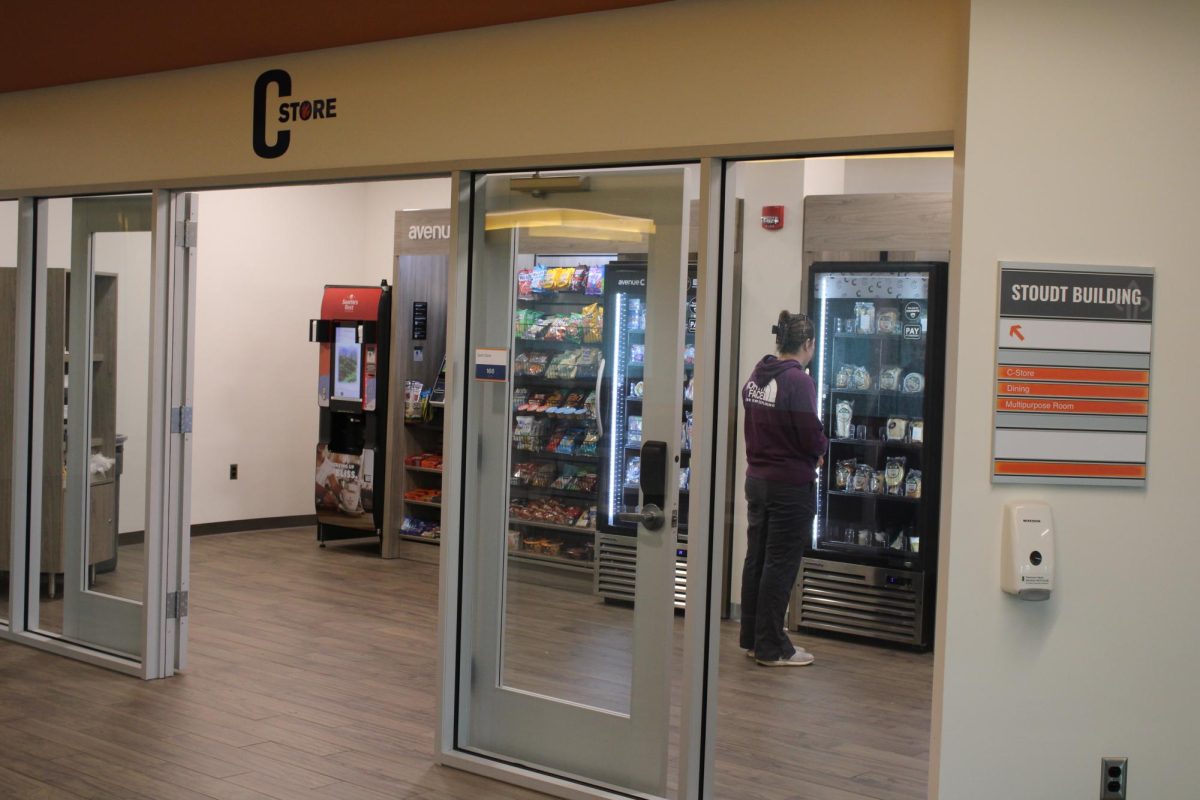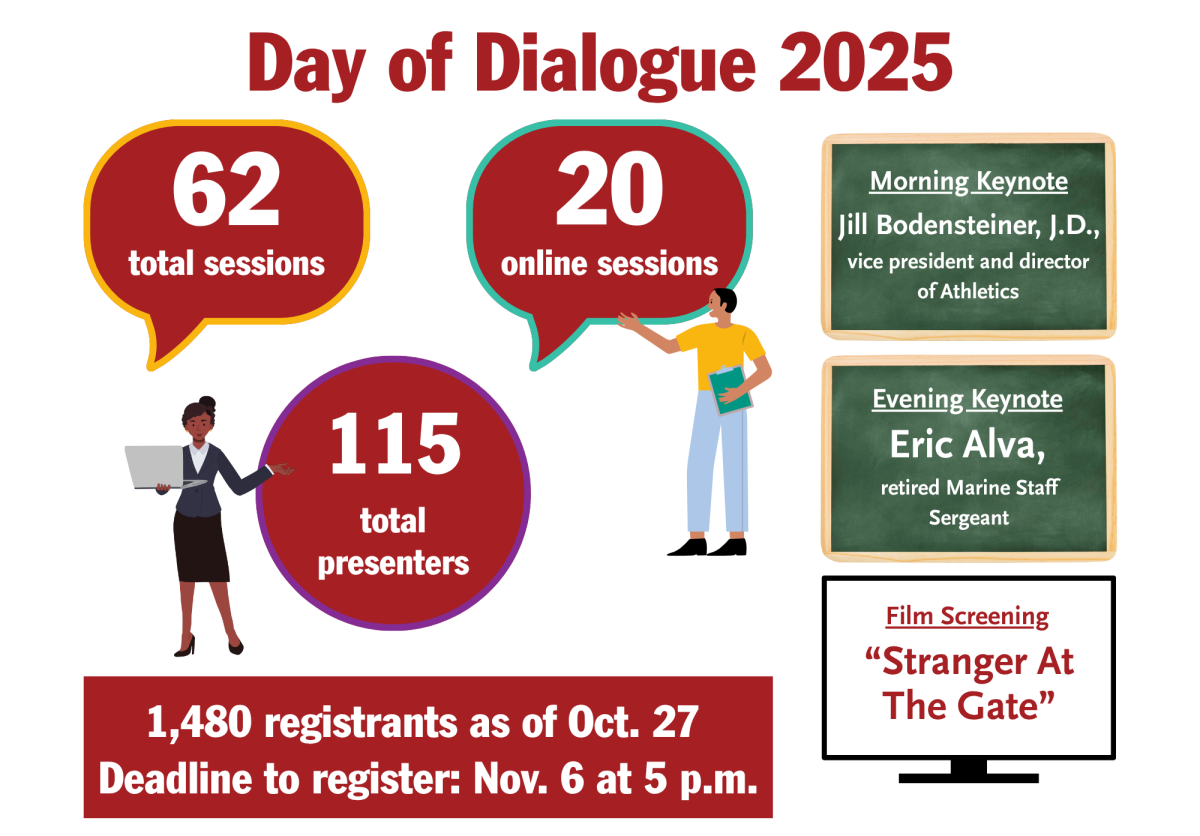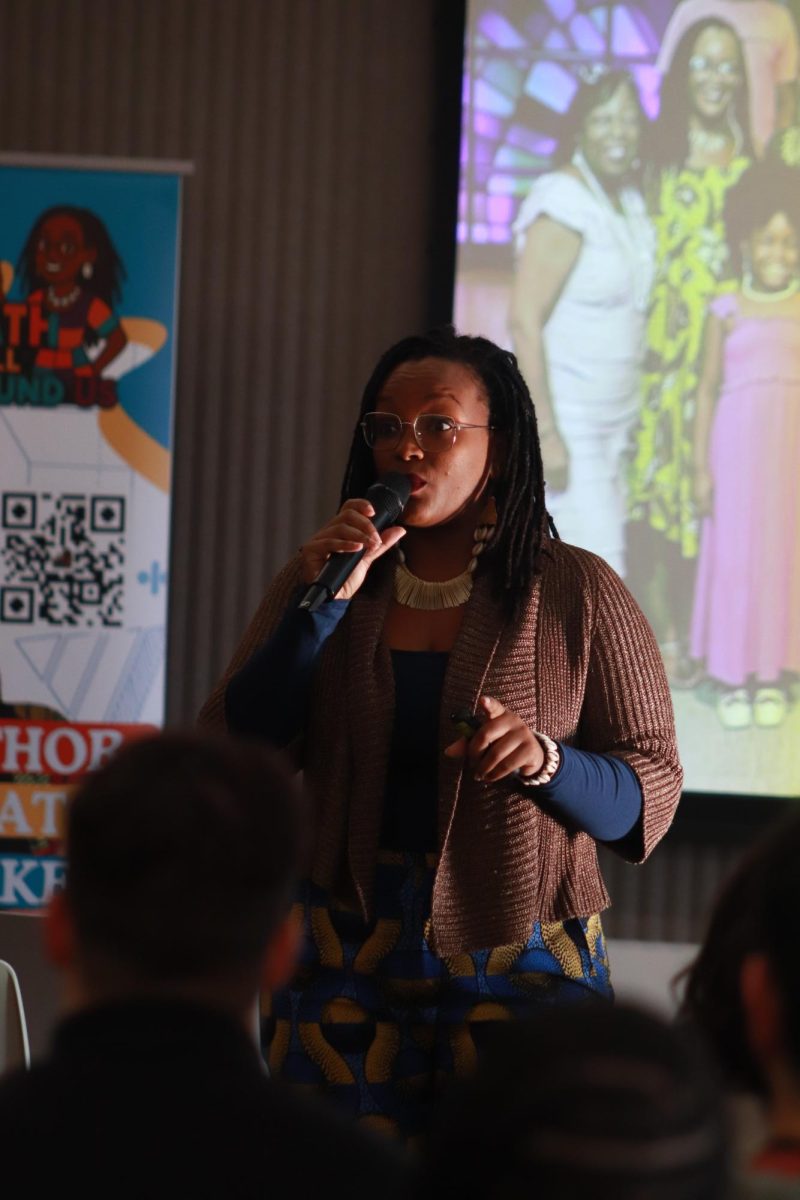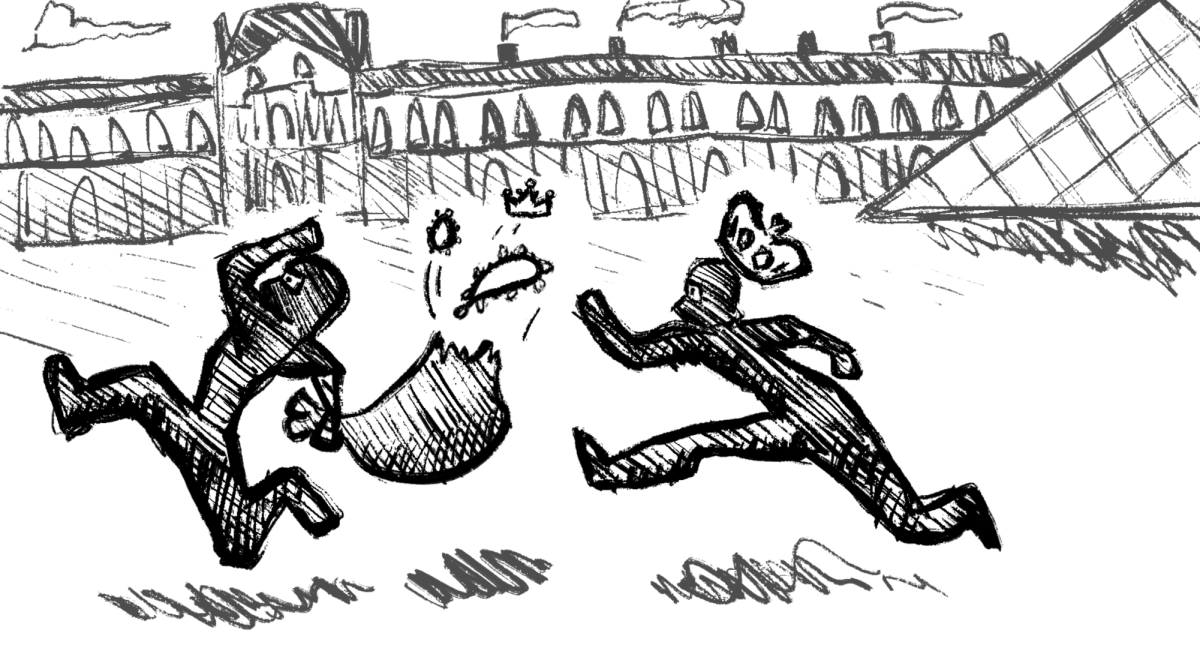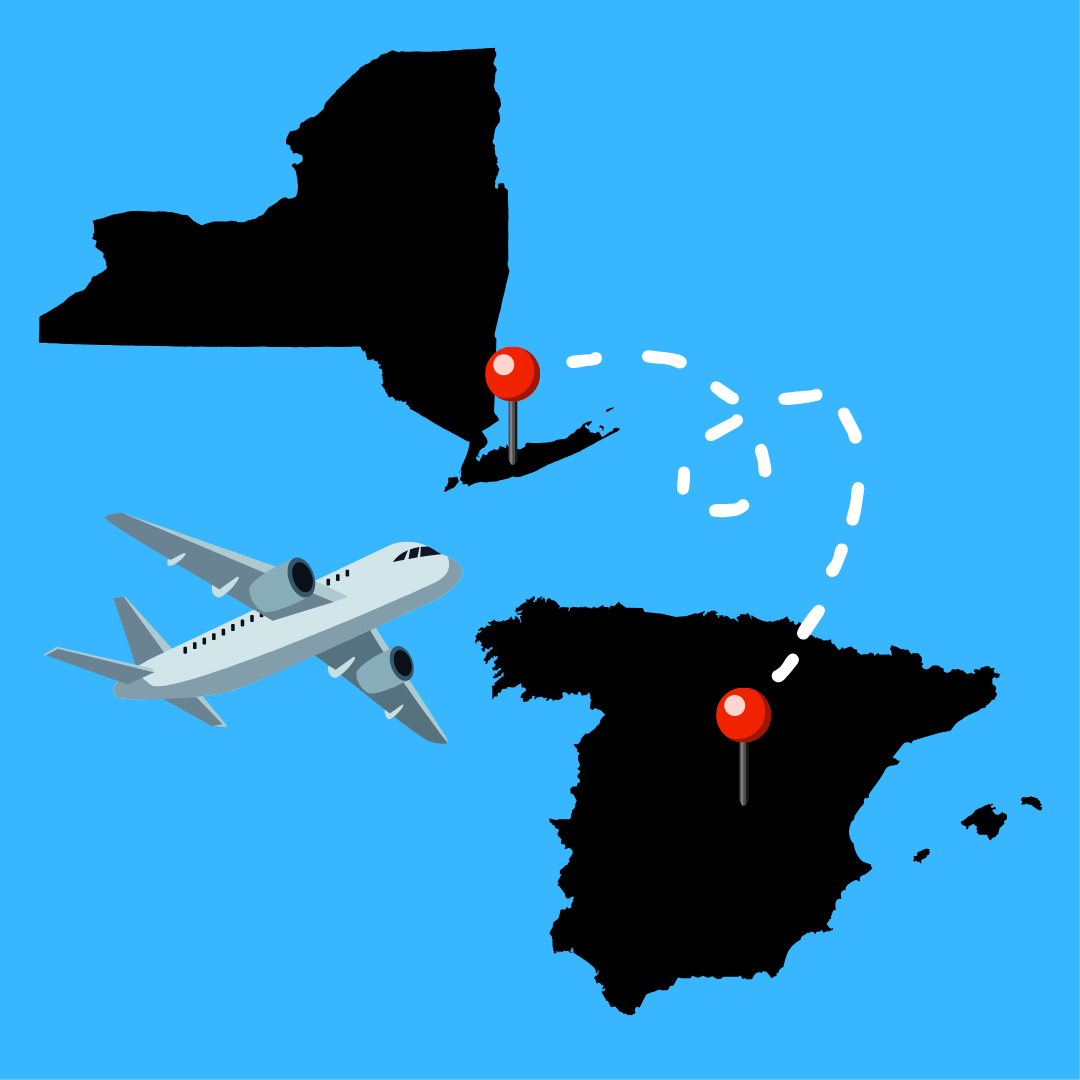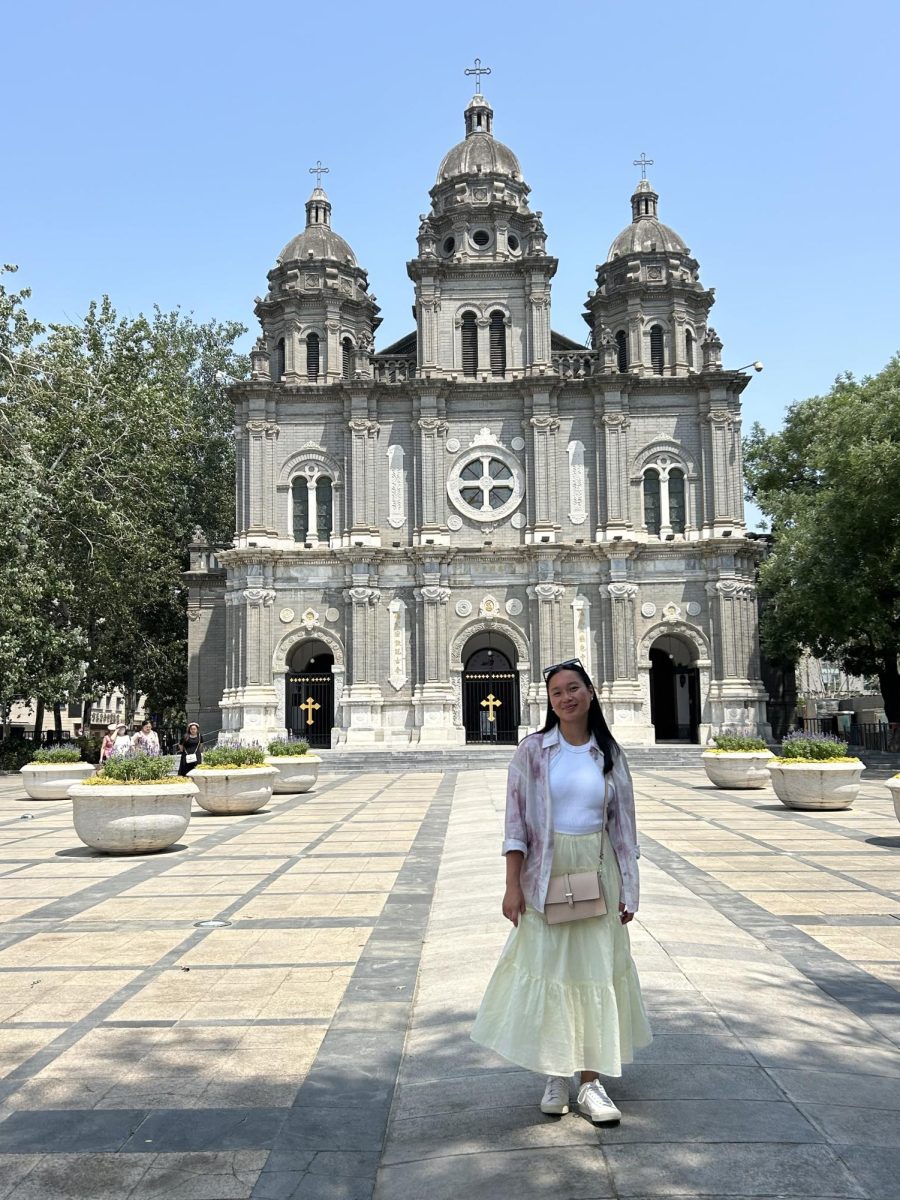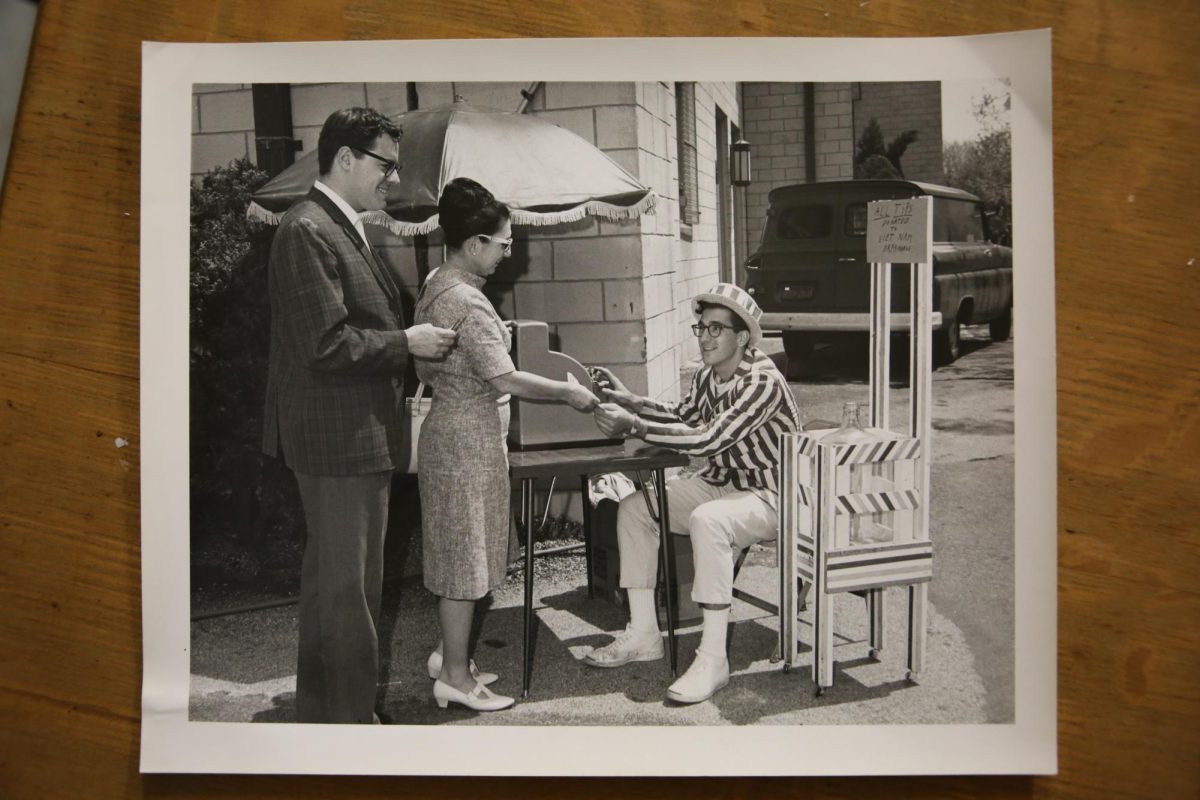Merriam-Webster defines socialization as “the process beginning during childhood by which individuals acquire the values, habits and attitudes of a society.” Being abroad has led me to question my socialization’s impact on my worldview. My socialization creates social norms, some of which are not universal. Can I truly be surrounded by difference? I have learned what home is and isn’t. Home was where I was socialized, so can I find comfort far from my home?
Some of my friends in Madrid had different upbringings than me. They moved from place to place, sometimes from country to country, without permanence. They’re Third Culture Kids, meaning they spent their formative childhood years in places outside of their parents’ homeland. Their process of socialization was unlike mine: It was malleable and flexible, a culmination of multiple cultures, causing them to adapt to new circumstances. “Home” might have a more expansive definition, meaning people rather than a place.
My home is Long Island. I grew up there, in the same house and in the same town. I’m connected to home, as stories about random connections to celebrities and lectures about surfing on Long Island’s South Shore have become far too familiar to my friends both in Madrid and Philly. Yet having a specific place I call home means that, in some ways, my world is limited. This manifested in my initial difficulty to find comfort in Madrid. My homesickness reflected my constant and stable socialization that constructed social normalities and abnormalities. I learned the clear values from a single society.
Our socialization impacts how adaptable we are. Sometimes, I feel having one true home means I cannot find a home elsewhere. Yet, I’ve learned that it’s not so black-and-white — that at times, we can be resocialized. Values that seem universal are not universal, expanding my definitions of what is “home” and “normal.”


